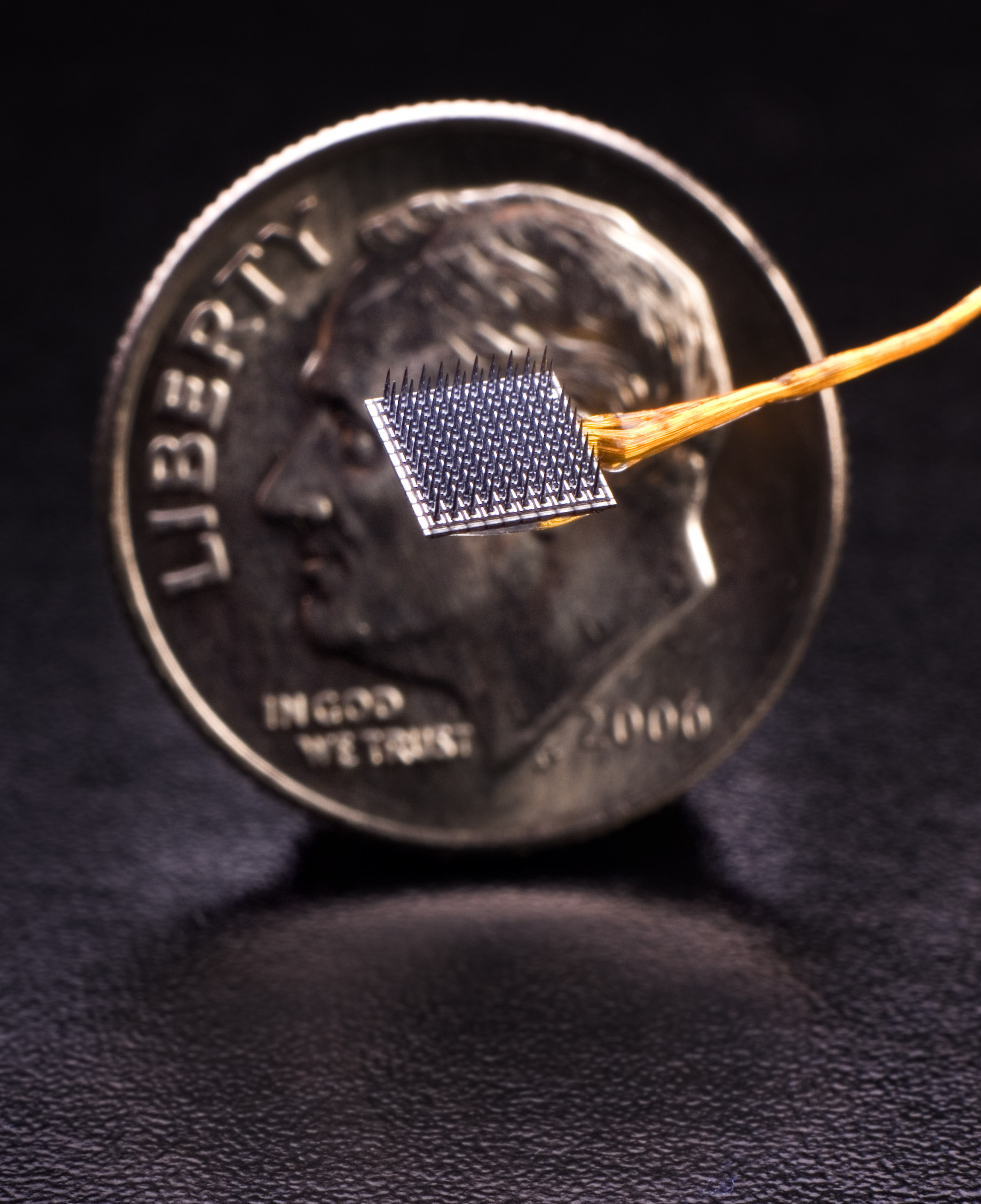
"For years, people with paralysis have used brain-computer interfaces to turn neural signals into actions by thinking about the actions they would like to take: typing words, controlling robotic arms, producing speech. But new research shows that the interfaces could translate not only intended speech, but internal thoughts as well. Sort of. It's a major step for people with communications challenges, said Daniel Rubin, an author of the study in the journal Cell."
"The study builds on decades of work from BrainGate, a long-running, multi-institution clinical trial. Early experiments gave people with paralysis the ability to complete different tasks-type letters, move a computer cursor, operate a mechanical arm -using an implanted brain-computer interface (BCI). Participants imagined moving their hands up, down, left or right, while tiny sensors in the motor cortex decoded those intentions. In recent years, researchers wondered if instead of decoding the intended movement of the hand, wrist, and arms, they could instead decode the intended movement of the muscles that we use to talk - the face, mouth, jaw, and tongue. The answer is yes - but only thanks to advances in artificial intelligence."
Implanted electrode arrays on motor cortex capture neural activity tied to speech-related muscles and can be decoded to infer attempted or imagined speech. Participants attempted preset sentences while sensors recorded signals associated with facial, jaw, tongue, and mouth movements. Advanced artificial intelligence models were required to translate those complex neural patterns into meaningful outputs. The approach builds on BrainGate work that decoded limb movement intentions and adapts those methods to the distinct computational challenges of speech. Successful decoding could restore communication for people with paralysis, though further testing, larger samples, and attention to accuracy and ethics are needed.
Read at Harvard Gazette
Unable to calculate read time
Collection
[
|
...
]